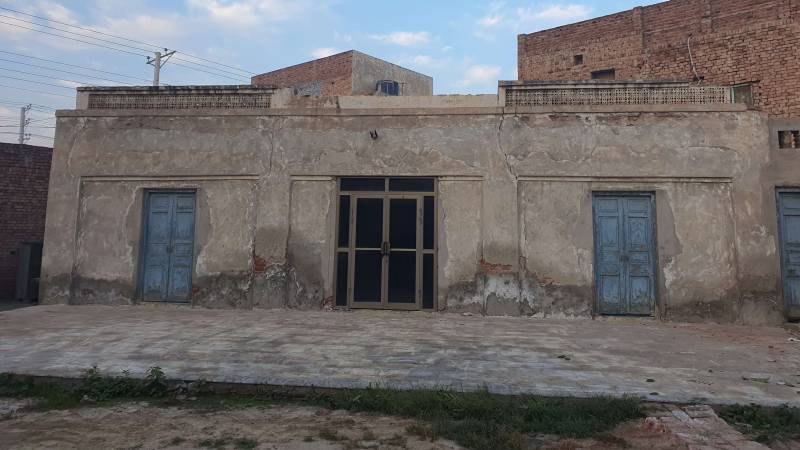
Police and the local administration oversaw the desecration of an Ahmadiyya place of worship in Faisalabad, the community claimed on Friday.
In a statement, community members said that the police desecrated an Ahmadiyya place of worship in Samanduri tehsil of district Faisalabad while the local assistant commissioner oversaw the process where the minaret of the place of worship was destroyed.
After destroying the minarets, the police also took away their debris.
The community said that the Ahmadiyya place of worship was targeted in the middle of the night and had been constructed in 1956. It had been receiving threats from extremists since last year, however the authorities had managed to keep the situation under control. That changes on the night between Thursday and Friday when police and local administration oversaw its desecration.
Closed-circuit television (CCTV) camera footage caught the entire incident on video. It showed around a dozen men carry out the activity in the middle of the night.
The Ahmadiyya community said that this was the 42nd incident where an Ahmadiyya place of worship had been desecrated in the calendar year 2023.
The community claimed that when the police were told about a judgement of the Lahore High Court which declared Ahmadiyya places of worship constructed before the 1984 law as protected from the law under which these structures have been barred from resembling mosques, the police allegedly completely disregarded it and stated that they were following 'orders'.
It is very concerning that Ahmadis in Pakistan continue to struggle with their fundamental rights, the community complained, demanding that the government look into the blatant violation of the Lahore High Court's judgement and hold the culprits accountable.
Moreover, security should be provided to Ahmadiyya places of worship in line with a judgement issued by the Supreme Court in 2014.

